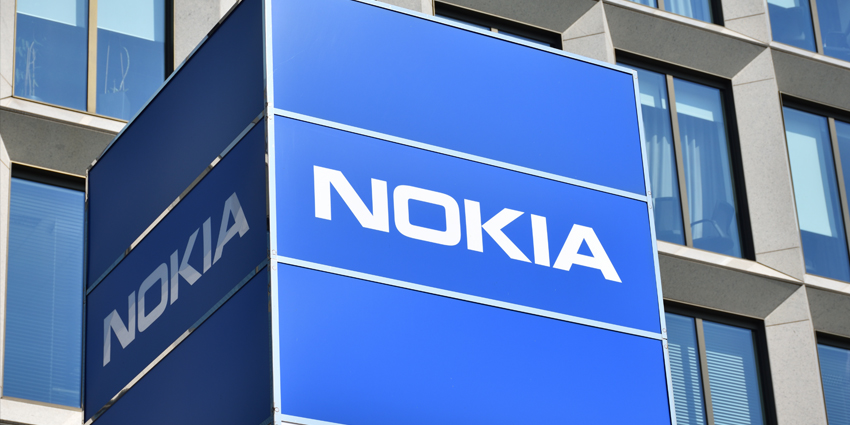Meta is the news again this week, with the firm facing an unforeseen leak showcasing some of its upcoming mixed reality features for the Quest 3. Meanwhile, an ongoing Texas court case requires CEO Mark Zuckerberg to go before a judge, which appears to be a recurring theme for the leading XR figure.
Firstly, the leaks come from a technical filmmaker who posted two videos showcasing marketing material for upcoming Quest 3 MR features weeks from the Vision Pro debut.
The recent leaks highlight “Augment”, a feature that Meta first introduced at Connect 2023. It places spatially anchored visualisations that Quest 3 users can interact with and put around their real-world environment. The leaks confirm Augment’s debut on the MR headset, powered by Spark, the firm’s in-house AR/MR development framework.
Meta has not yet confirmed an official release date. Still, the feature could debut alongside Apple’s XR product debut next month to showcase the firm’s MR vision compared to Apple’s spatial computing future.
Zuckerberg in Count Over Biometric Data Misuse
In other news, Meta’s CEO lands in court over an ongoing case covering the firm’s misuse of users’ biometric data. The court case targets Meta’s gathering and use of face-recognition data stemming from its umbrella of social media applications and integrated camera features.
The Texan Sixth Court of Appeals requires Zuckerberg to participate in a deposition case following Judge Jeff Rambin’s rejection of the CEO’s avoidance of being deposed.
The course case originates from a February 2022 filing when Texas Attorney General Ken Paxton alleged that Meta illegally gathered and misused user biometric data. The groups have not yet confirmed a deposition date for Zuckerberg.
In terms of XR, this case could prove crucial for Meta as it continues to build an MR headset and AR smart glasses portfolio, which leverage biometric and environment data.
Notably, the firm’s Quest Pro MR headset can track a user’s facial movements to create realistic avatars. For its AR smart glasses, the Ray-Ban product tracks data surrounding a user, such as brands and signs, to enable virtual assistance services.
While the Texas case does not refer to Meta’s XR product lineup, the case proceedings may fall out and affect how the firm approaches its biometric data use for its AR and MR devices. Moreover, with the Quest Pro being designed for work environments, the firm already appears to have heightened considerations for sensitive enterprise working environments via its Quest for Business bundle.
Seattle’s Department of Labor & Industries Targets Meta Reality Labs
The Seattle Department of Labor & Industries is also working on a citation it issued against Meta’s Reality Labs division to draw attention to health and safety hazards at its Matrix testing facility. This citation could potentially lead to the closure of the space unless Meta meets the working standards or contests the decision. The department is continuing its citation following its original 2022 fil. Most recently, the department issued an amended filing last month.
Meta is now responding in King County Superior Court to vacate the order, arguing that the Matrix facility follows all local health and safety standards.
In mid-December 2023, the Seattle Department of Labor & Industries filed another citation against Meta, requesting that the company remove all hazardous substances from the workplace or provide evidence of compliance improvement. The citation is aimed at the materials that Meta uses to develop its prototype devices.
The department also issued two additional citations in its December update, one for Meta’s failure to decrease the original hazards and another for other dangers in the Matrix facility.
A Seattle Department of Labor & Industries representative stated that their mission is to keep Washington workers safe and that employers are responsible for taking practical steps to fix any hazards on the job.
In response, Meta claims that the health and safety of its employees is the company’s top priority. A company spokesperson added that they are working closely with state officials to take all necessary precautions and ensure a safe working environment.
Meta Vs FTC
Last year, the FTC accused Meta of engaging in anti-competitive practices, but they lost the lawsuits. The accusation was related to Meta’s attempt to acquire the virtual reality fitness application Within in 2020 for a rumoured $400 million.
The FTC claimed that Meta was unfairly buying competition on its Quest digital storefront instead of creating first-party applications. However, Judge Edward Davila of the U.S. District Court for the Northern District of California rejected the FTC’s request to block Meta’s acquisition of Within.
The FTC court cases mainly took place during 2022, a transformative year for the company. With this history of beating court cases during busy periods, Meta may be poised to escape the Texan court unscathed.






